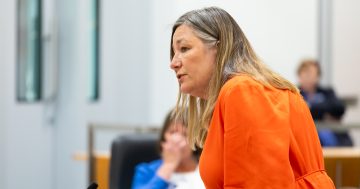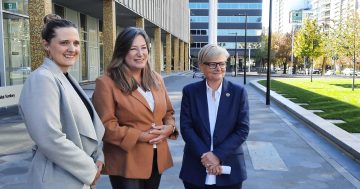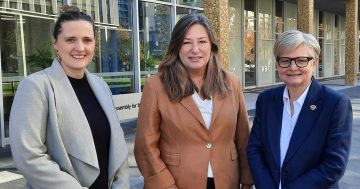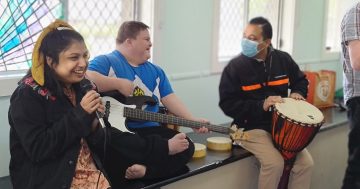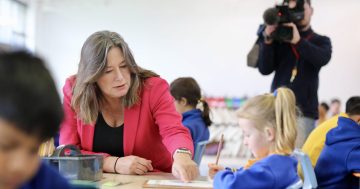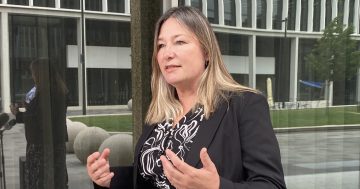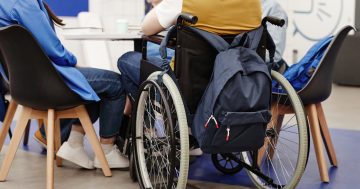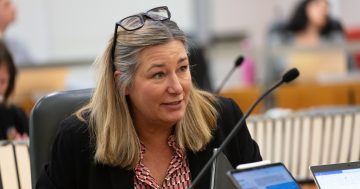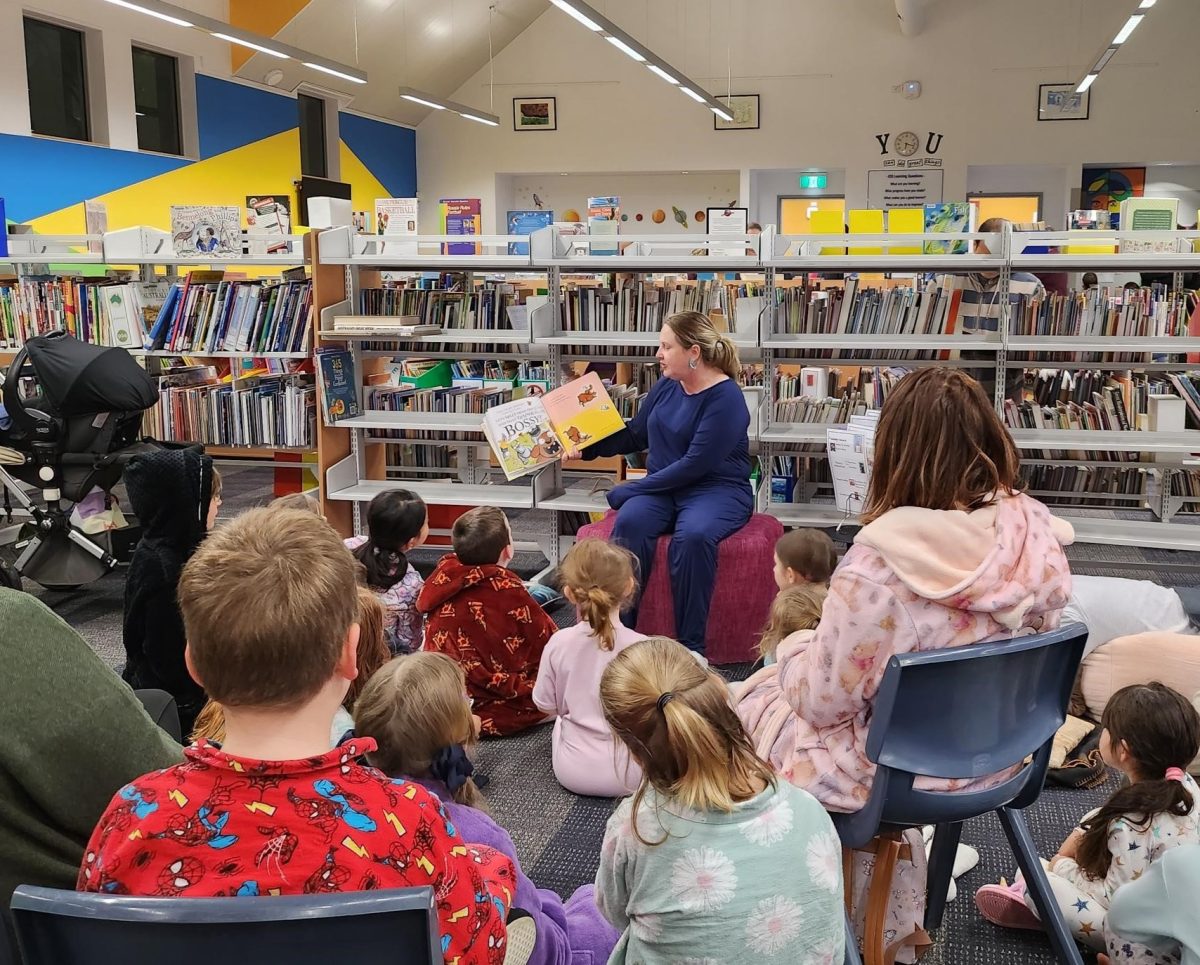
The plan is to roll out the inclusion strategy across all ACT public schools, but the pilot will focus on the Tuggeranong area. Photo: ACT Public Schools Facebook.
Expert inclusion coaches will begin work at Tuggeranong public schools in 2024 as part of the ACT Government’s new disability inclusion strategy.
The $9.9 million pilot program makes up the first action plan of the ACT Government’s Inclusive Education: A Disability Inclusion Strategy for ACT Public Schools 2024-2034, which has been designed to ensure every student is welcomed in school and can access quality education to meet their needs.
“This strategy will build inclusive school cultures, ensuring students with disability get the same equal chance at a great education,” Education Minister Yvette Berry said.
“The ACT Government is committed to inclusive education because it not only delivers positive academic, social and wellbeing outcomes for children and young people, it is also key to creating a more equitable society.”
It’s expected there will be 10 coaches as part of the pilot who will support teachers and inclusive practice. They’ll have a teaching background but no teaching workload to ensure they can focus on the individual needs of each student who needs support.
“It takes the pressure off teachers and works with them to collaborate and work closely with these students and young people without increasing the workload on teaching staff,” Ms Berry said.
“Their job is to specifically look out for these students and their families and then work with teachers and leaders around professional development.
“It is our intention in the future to run these inclusion programs … in all of our schools across the ACT.”
The money will also go towards establishing an Inclusive Education Student Voice Forum, develop professional learning for teachers in areas such as universal design for learning, managing complex behaviours and understanding neurodiversity, strengthen partnerships between mainstream and specialist public schools, develop a new needs-based funding model for students with a disability and review the school allied health model.
They’re all aims that the ACT Australian Education Union has welcomed.
President Angela Burroughs said that of the seven focus areas, workforce needs, infrastructure, and resourcing were of greatest importance to members.
“These are the areas of most concern to teachers and school leaders and education support workers,” she said.
“Teachers are dedicated professionals. We are willing and able to embrace the aspiration of this strategy, provided proper funding and support are available.
“It’s another piece of the puzzle that’s designed to make teaching in ACT public schools a great place to teach.”
Ms Burroughs explained that this model, if implemented successfully, would help relieve pressures on teachers to make classrooms more inclusive and safe.
“It will [be successful] if it is adequately resourced, and teachers have the support they need and the time and the training to deliver the ambitions of this strategy,” she said.
“Everything suggests that it’s a positive environment for moving forward.”
The model includes conditions not covered by the NDIS, such as dyslexia and ADHD, as well as students who haven’t received a diagnosis for a disability or neurological condition.
P&C Council president Laine Joubert said this would support students and parents.
“Parents of students with disabilities often have to advocate above and beyond for everything. If we can have a situation where sending your child to school is as normal an activity as [it is] for any other typical parent, that would be a great relief,” she said.
“We know there is a long road ahead to get to it, but it’s a start.”
She felt any good strategy removed a focus from diagnosis to simply creating inclusive spaces for everyone.
“It doesn’t matter what your diagnosis is at that point; if the school and the system are inclusive, everyone will be able to be supported,” Ms Joubert said.
“The need for a diagnosis should be obsolete if the system is truly inclusive.”
The model will also examine supporting students in the classroom or transitioning from specialist to mainstream schools and then from school into the wider world.
Ms Berry said this was an important aspect to include, as life after school was something all parents had concerns about.
“So it’s about making sure that support’s there for parents and those young people … [so] we can support them going into the workforce,” she said.
Legislation will be reviewed to reinforce the rights of students with a disability to enrol in and attend their local public school and have adjustments in the classroom where needed.
A recent Auditor-General report found that the assessment process for students to access specialist programs placed financial and administrative burdens on families and schools, risking unequal outcomes for children.












